What Is Juneteenth?
Updated: Dec. 12, 2023
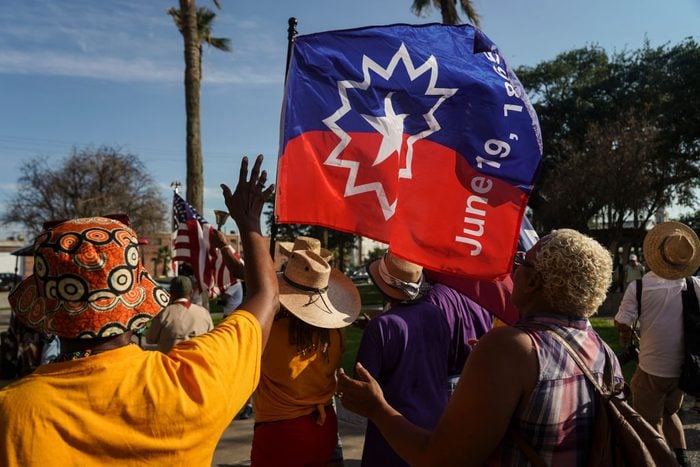
On June 19, 1865, shortly after the end of the Civil War, Union troops arrived to take control of Galveston, Texas. This is when the remaining enslaved Blacks in Texas finally learned of their freedom, nearly three years after the Emancipation Proclamation. The day became a holiday known as Juneteenth, a portmanteau of “June” and “19th.”
What Is Juneteenth?
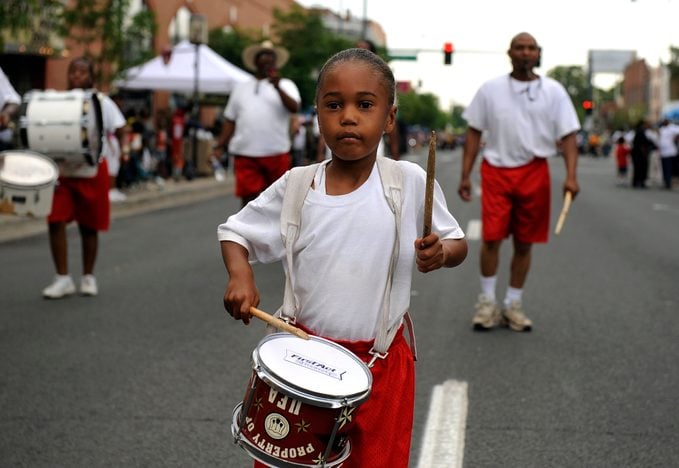
Sometimes called Juneteenth Independence Day, Freedom Day or Emancipation Day, the holiday celebrated on June 19 commemorates the emancipation of enslaved people in the United States. It was first celebrated in Texas. In 1872, Black ministers and businessmen in Houston purchased 10 acres of land and created Emancipation Park for the annual Juneteenth gathering.
Over the years, Juneteenth continued to be celebrated in Texas and spread throughout the South. But the day is becoming increasingly well known across the country, and many state and local governments now recognize Juneteenth as an official holiday.
How Is Juneteenth Celebrated?
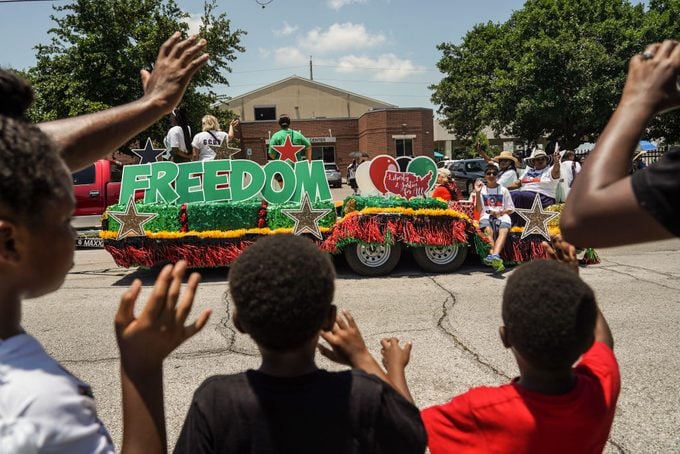
To commemorate Emancipation Day, friends and family gather to celebrate the legacy of resilience and acknowledge the ongoing struggle through marches, prayers and other remembrances. During gatherings, participants often picnic with traditional soul food dishes, one of the nation’s most identifiable culinary traditions.
What Kind of Food Is Served on Juneteenth?
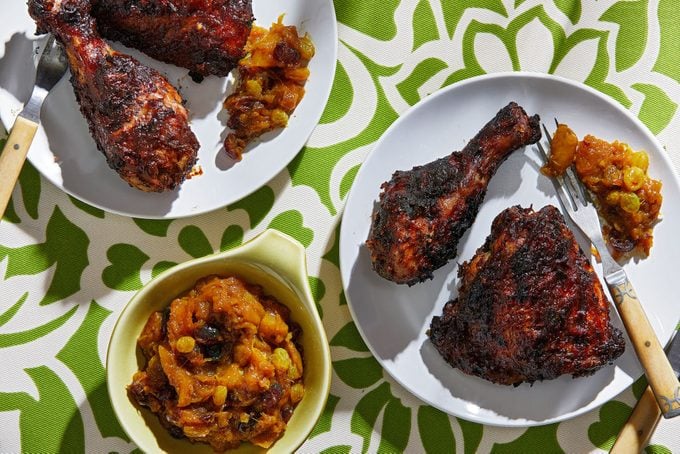
Today, soul food is associated with comfort food, but it was born out of struggle and necessity. Enslaved African people turned meager, low-quality rations into delicious fried, boiled, roasted and baked dishes. In the process, they preserved old food traditions and created new ones. Delving into the history of soul food and Juneteenth is an exploration of Black culture, values and traditions.
The Red Trinity—barbecue, watermelon and red soda—is at the heart of the meal. But no Juneteenth menu is complete without traditional side dishes and desserts like collard greens, potato salad, cornbread pudding, peach cobbler and banana pudding.
This traditional cooking is an ode to history and heritage, and perhaps no region has had more impact on America’s culinary history than the South.
Why Is Juneteeth Food Red?
According to culinary historian and food writer Michael Twitty, the popularity of red foods in the community might date back to the enslaved Yoruba and Kongo who were brought over to Texas in the 19th century. Both cultures consider the color red as “the embodiment of spiritual power and transformation,” and enslavement narratives from Texas even contain stories of an African ancestor being lured using red flannel cloth.
Historian Fred Opie theorizes that this could be traced back to Asante and Yoruba special occasion celebrations, which included “offering up the blood of animals (especially the red blood of white birds and white goats) to their ancestors and gods.”
There’s also another theory—namely, that the color represents bloodshed. Lynda Jackson Conyers, publisher of the Milwaukee Times, says that the city’s signature Juneteeth strawberry soda and other red foods “symbolize the blood that was shed by the slaves.”
The Best Cookbooks for Juneteenth
To celebrate Juneteenth with traditional southern food, here are the cookbooks we recommend adding to your collection.
Watermelon and Red Birds: A Cookbook for Juneteenth and Black Celebrations
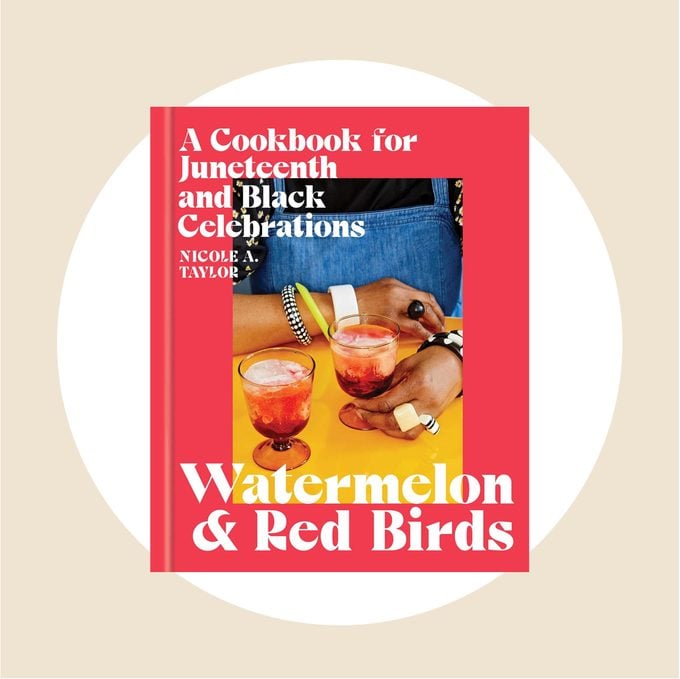
Nicole A. Taylor’s incredibly detailed cookbook is being called the “first book to celebrate Juneteenth,” and features 75 recipes made with ingredients that break away from tradition but are found in most African American households. It also features a list of BIPOC-owned jams, sauces and mixes that you can buy!
The Cooking Gene: A Journey Through African American Culinary History in the Old South
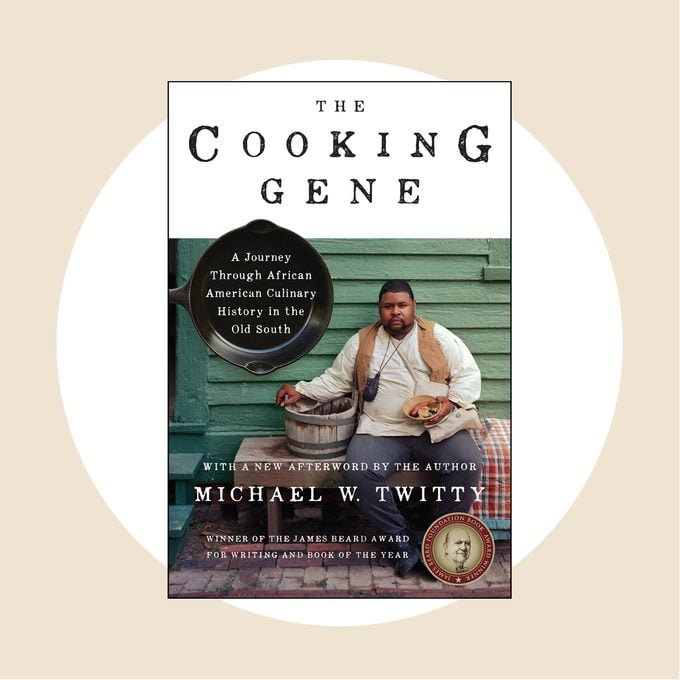
This evocative book is Michael Twitty’s personal, revelatory and moving journey through the culinary history of the South.
The Taste of Country Cooking: The 30th Anniversary Edition of a Great Southern Classic
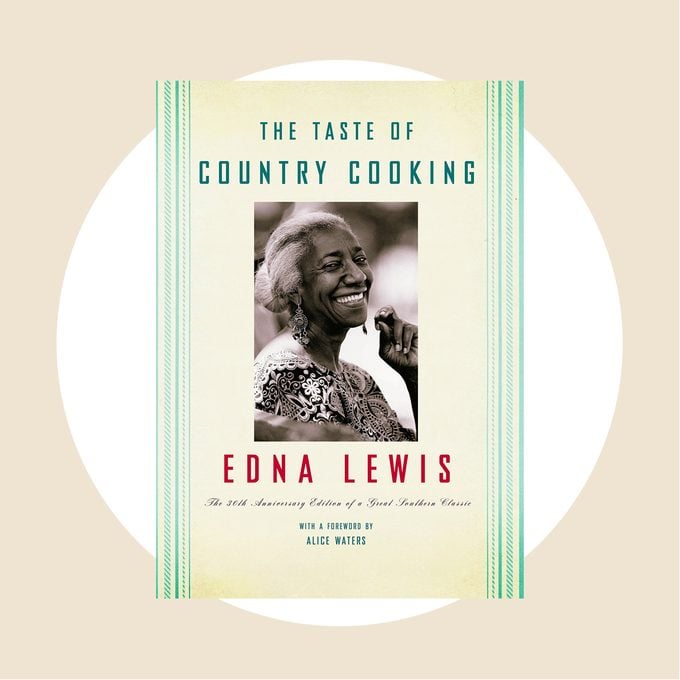
Legendary chef Edna Lewis shares her favorite recipes passed down from generations of slave descendants in a Virginia farming community. The classic cookbook covers menus for all four seasons.
Sweet Home Café Cookbook: A Celebration of African American Cooking
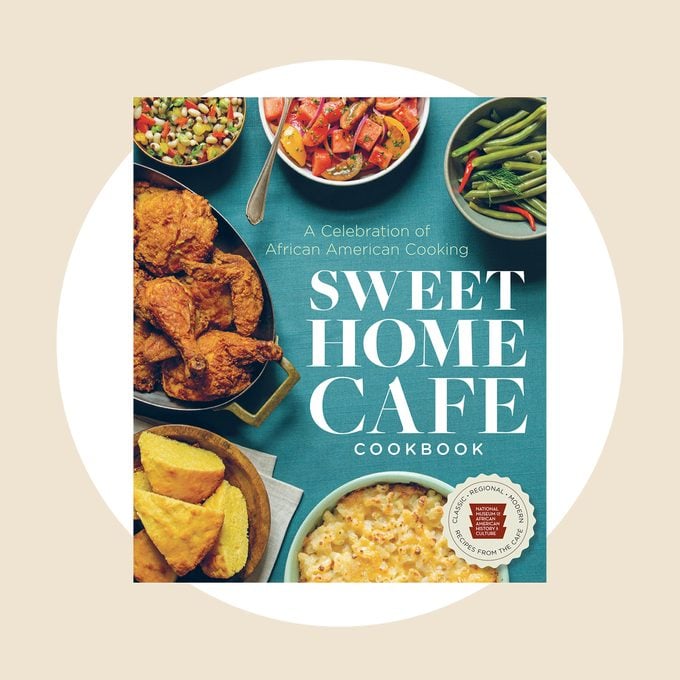
With recipes from Sweet Home Café and the National Museum of African American History and Culture, this cookbook pays homage to the cultural and culinary contributions African Americans have made throughout the nation’s history. Recipes featured include classics as well those with a modern twist.
SOUL: A Chef’s Culinary Evolution in 150 Recipes
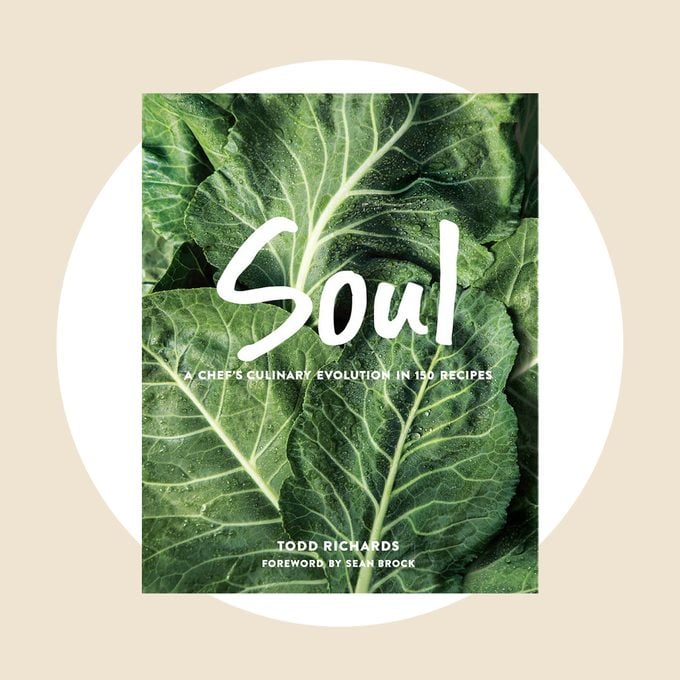
Chef Todd Richards puts his own spin on well-known dishes to show that, as he says, “cooks can honor tradition yet be liberated to explore.” His pioneering cookbook combines dishes like ramen with African-American staples like collard greens, opening them up to new avenues.
